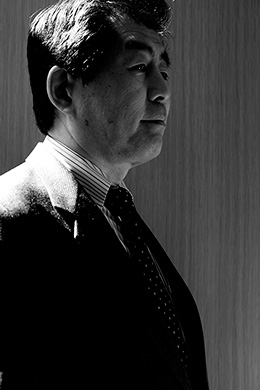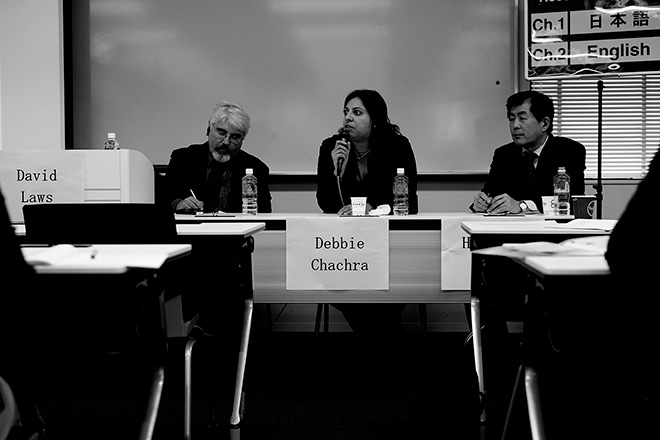University and Society
Hideyuki Horii / Professor, School of Engineering, the University of Tokyo

Q: What role do you think the university plays in society?
Horii: Before saying that this is the role the university should play in society, I think what comes first is that the university itself is currently experiencing a paradigm shift. If you think about it from the perspective of the university’s history, the current university model, the so-called Berlin Model, is something you could call Humboldtism. It hasn’t always been that way. Perhaps around 1800, at the University of Berlin, students became enamored of research, when the schools began linking education and research as a new university model.
Then, I believe it was when American students studying abroad in Germany returned to the United States that they created the current style of university and research-oriented graduate school. In some areas, that model where students get excited while conducting research is now reaching its limits in certain ways, driving the demand for a new model of university education.
Education and research were linked, this paradigm made students excited about those activities that effect change in society—activities like practicality, values creation, or problem-solving—and engaged them in research education necessary for those activities. I think what we hope for now is that this type of structure will comprise about one-third of university education.
I believe society is looking for that kind of change.

Q: How do you think of the relationship between Social Technology Theory and the university?
Horii: Social technology is technology for the solution of social problems, so Social Technology Theory addresses how you design measures to solve social problems.
When students, such as those I described earlier, decide to engage in activities to solve social problems, and when they think about what kind of knowledge would provide the context for that action, problem-solving knowledge becomes necessary. Hence, we constructed Social Technology Theory as a theory for the methodology of designing problem-solving measures.
Q: How do you feel about Japanese students?
Horii: To give an example, i.school held a summer school session last year in August. We were going to host 30 students from overseas, but when we solicited applications, 850 students responded, including 21 from UC Berkeley, 7 from Stanford, and 9 from Oxford, among others—many exceptional students applied for the program. So we conducted this workshop together with the University of Tokyo students and held a two-week program. I’ll say frankly that the students worked extraordinarily well together, and the University of Tokyo students did not fall behind their peers at all. In fact, I think the University of Tokyo students exhibited quite an exceptional ability to generate new ideas.
So, the issue for me is that I would like to see more University of Tokyo students challenging themselves through such experiences.

Q: A question regarding “Innovation and Creativity,” what should students do to enhance their creativity?
Horii: Well, first, one thing is the student’s mindset. Does a student just continue doing what he is currently doing, or does he try new things? When you compare those two, I think it’s very important for the student to firmly hold the mindset that he or she will probably experience failures, but trying new things opens great possibilities.
When you talk about innovation, or being an innovator, I think people have this misconception that you have to be a genius like Steve Jobs, who produces these new things. I believe that everyone has the ability to create innovations, or to generate new ideas.
Therefore, it’s important for students to believe that and to challenge themselves to create new ideas. Additionally, there is such a thing as a methodology for the creation of innovations and new ideas, so if the student understands that as well as learns it, and then puts it into practice and repeats it, I think he or she will definitely become an innovative and creative person.
